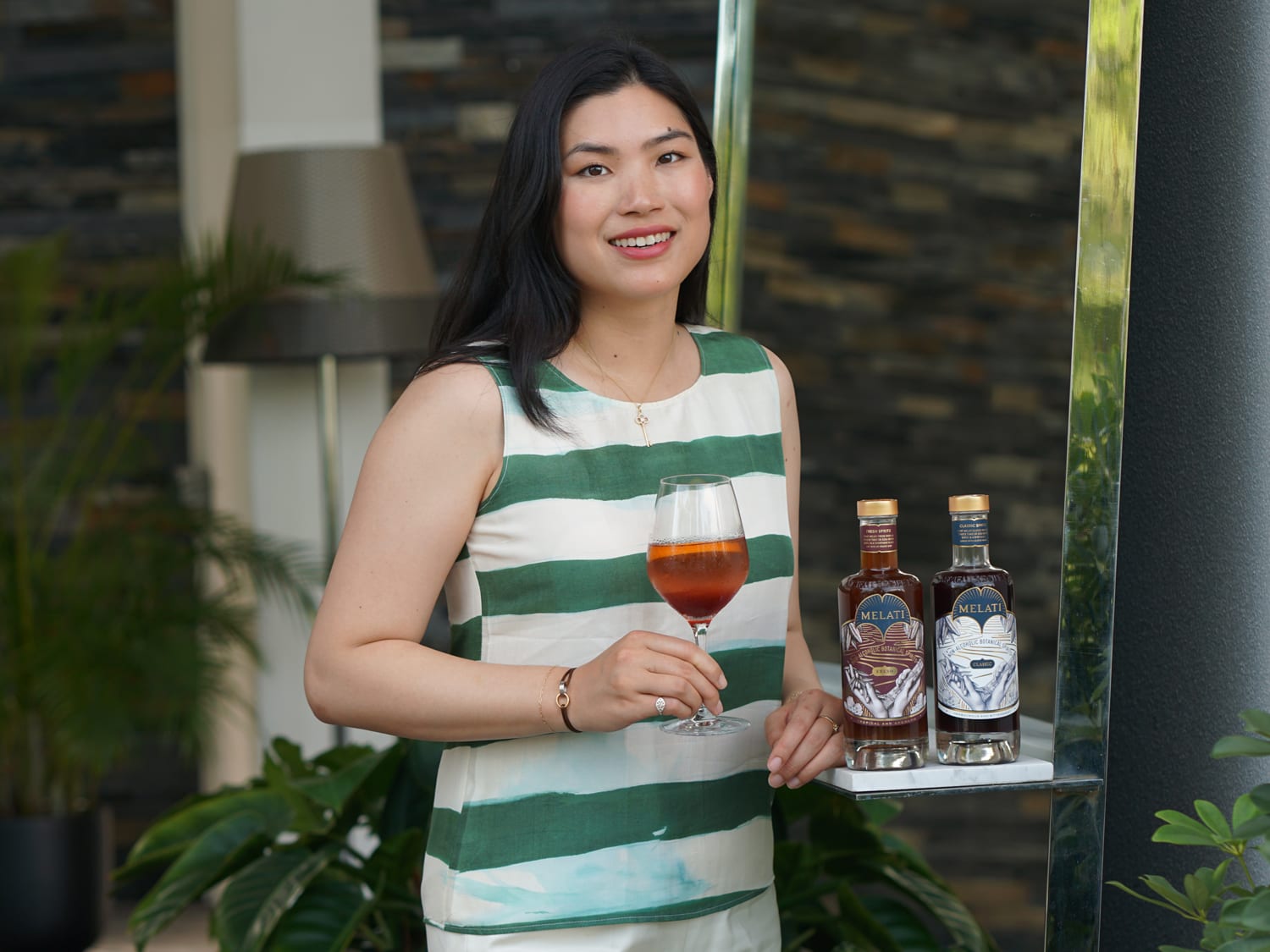While scrolling through Instagram recently, I came across a post from a frequent fine diner lamenting the strong perfume that another guest was wearing at a sushi restaurant. Wearing scents, he posited, is not appropriate at such establishments as it interferes with the sensory experience of the other diners.
I was reminded of this when a pair of Melati candles landed on my desk. These, the accompanying press release said, were “designed to pair with food and drinks”. I opened their boxes to take a whiff. The candle named Afterglow was distinctively sweet, with musky undertones of patchouli and lilies. The other, Twilight, smelled heady, reminiscent of saltwater and toffee. Both, I decided, were not scents I would immediately associate with the enjoyment of food.
While scented candles inspired by edibles like croissants, tomatoes and pumpkin spiced latte are becoming more popular in the United States as the New York Times reported, scented candles — particularly ones with deep floral notes — made to accompany a dining experience still require some coming around to.
But Melati Drinks founder Lorin Winata reckons that using scents to enhance the dining experience is a definite possibility. “Dining in itself is a sensory experience that includes scent. Growing up, food is accompanied by flowers on the table or your mother’s perfume, which build memories. Our candle scents are inspired by the ambiences where we share sunset drinks before dinner and gather after a meal for a digestive drink,” she explains.

Once lit, Melati’s candles emit a soft, barely-there scent. In a food-less room, the scents are deliciously mild. Once hot food and conversation enter the room, that scent takes a back seat. No one notices it. Which is a plus in my books. I would hate for the scent of lilies to interfere with my nasi lemak.
The other plus — apart from that these candles are made from organic soy wax and pure essential oils — is that part of their sales goes directly to Seed Basket, a non-profit organisation that is helping to create sustainable jobs for women in vulnerable situations in the Riau Islands. “Thirty per cent of the revenue of our candles goes directly to the women who make them and the rest goes towards packaging and shipping,” says Winata.
This, she continued, is another healthy way for the company to connect and celebrate — the other way, of course, is Melati’s line of all-natural non-alcoholic spirits. “The candles came about as we wanted an authentic and direct way to improve women’s futures in Indonesia while offering value to our customers,” she adds. “We are a proudly Asian female-owned and produced spirit. Originally from Indonesia, it’s important that we lift up other women.”
We’ll drink and light a candle to that.




